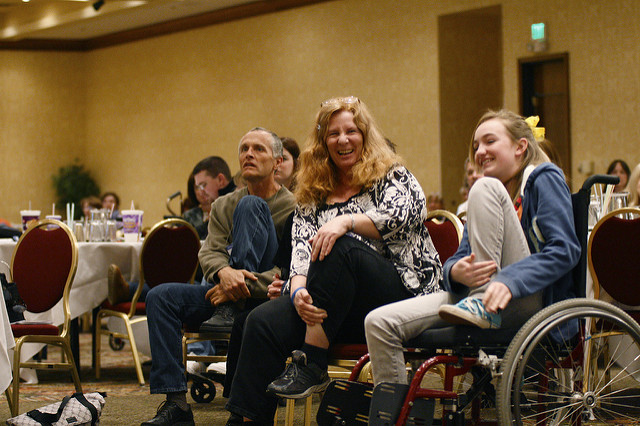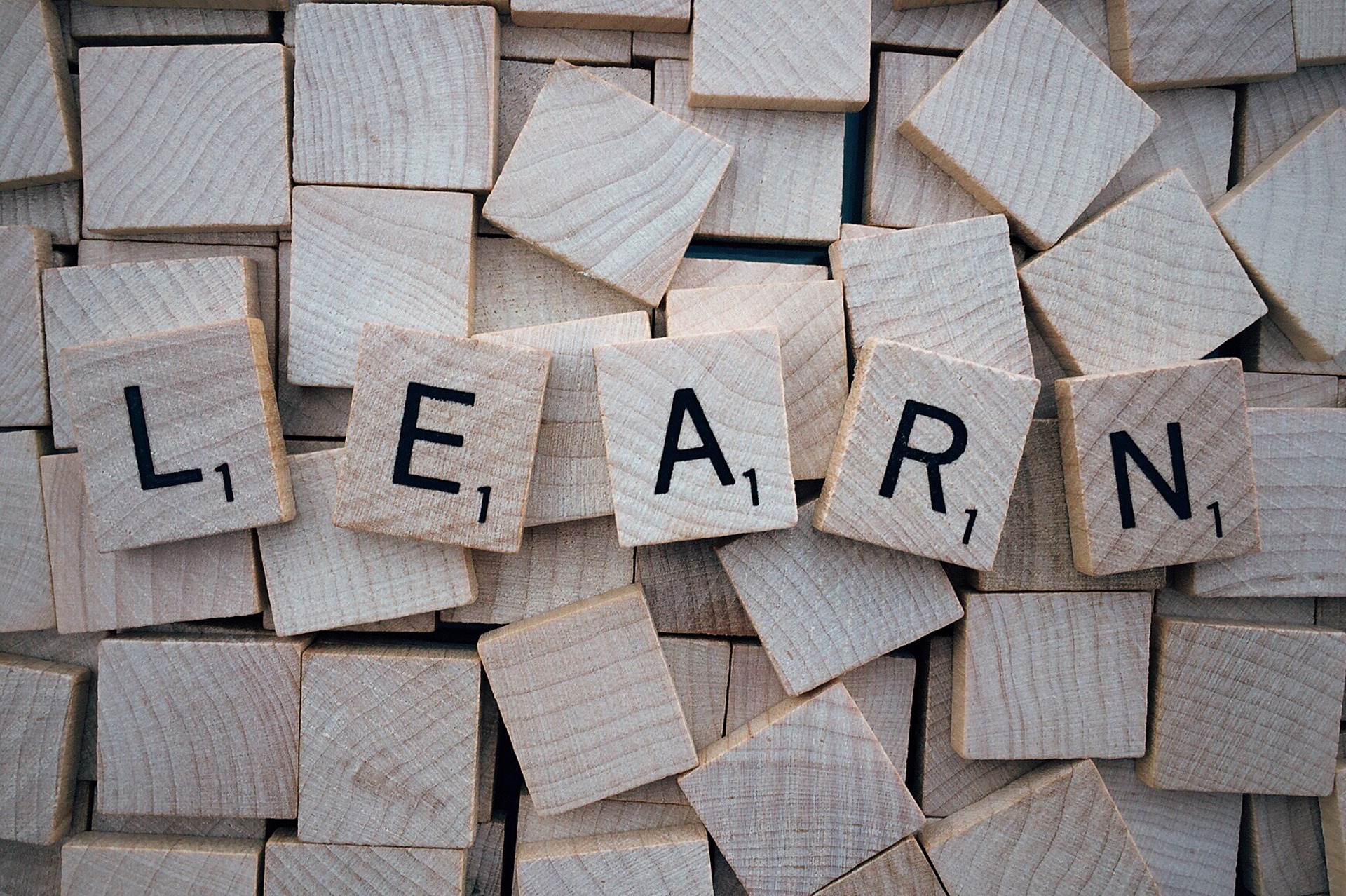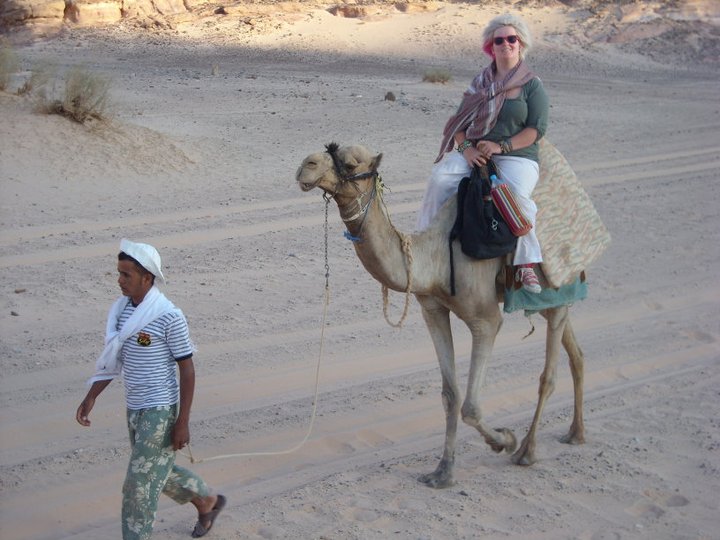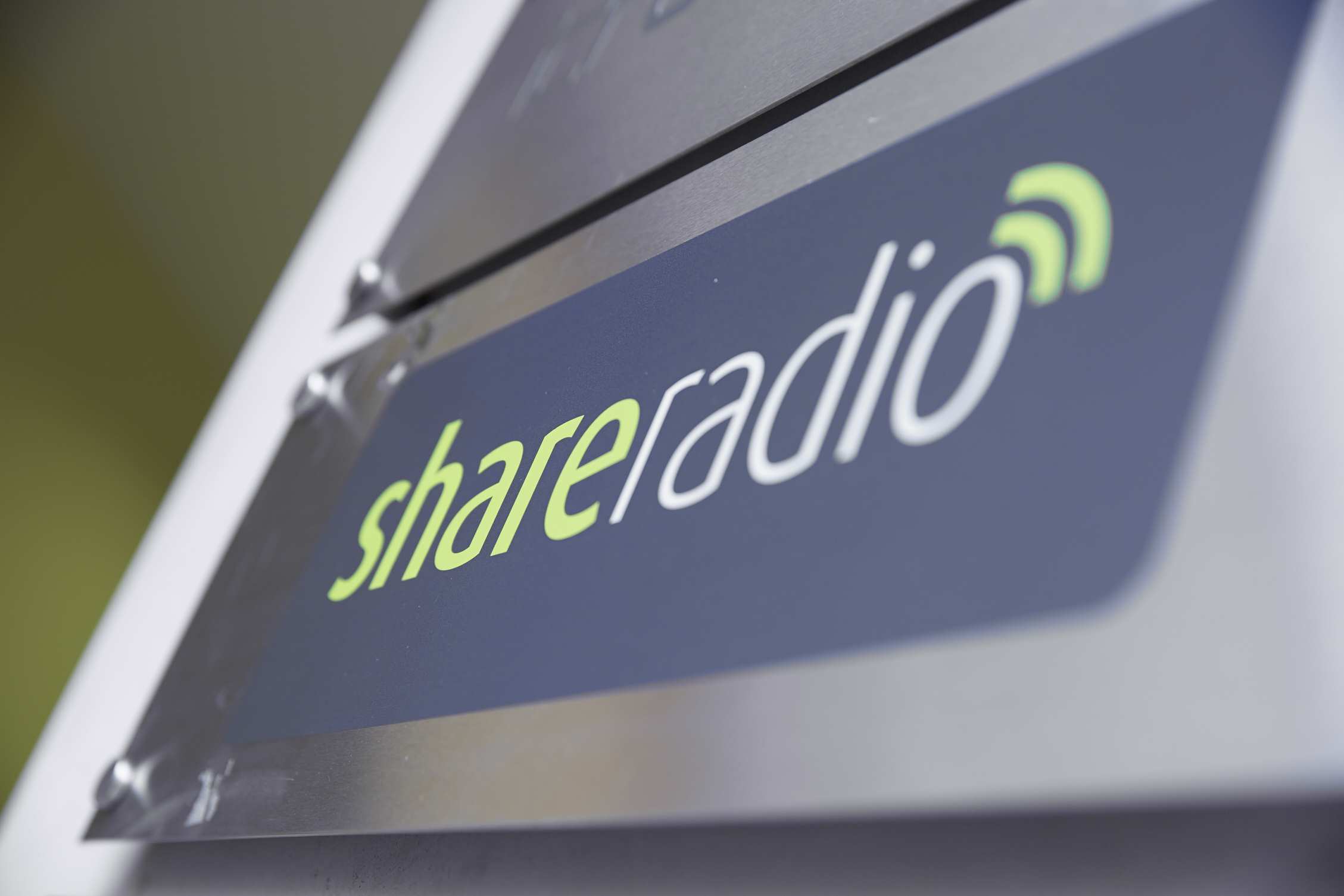
Photo provided by http://mayallbehappy.org
As a disabled person who is not particularly athletic, the phrase ‘disability sport’ often fills me with a little dread. I am never going to be as incredibly sporty and successful as Hannah Cockroft, the gold-winning wheelchair racer, or swimming’s sweetheart Ellie Simmonds. I used to play wheelchair basketball, and absolutely adored the social side of the sport as well as the opportunity to improve my health and fitness, and realise my truly competitive side! But, there came a time where training did not fit into my working schedule, especially with my travelling commitments as a writer for Lonely Planet. So, I gave it up, watched local tournaments and huge events like the Paralympics completely in awe, but from afar, and decided that maybe disability sport just was not for me…
…How wrong that perception of mine turned out to be! There are so many ways those with disabilities can continue to be conscious of their health, work on self-improvement and have fun along the way without quite the same time and effort it takes to be part of a winning, competitive sporting side. Here are just a few of those ways:
Wheelchair Yoga
Like with most exercise, the benefits of wheelchair yoga really are surprising. As you probably expected, your flexibility is likely to improve and you may well become stronger pretty quickly, but also expect benefits of a better sleep, less stress and anxiety in your everyday life, and a clearer mental connection with what is going on around you. Who wouldn’t want any of these things in our fast and busy lives?
Top Three Wheelchair Yoga Poses
These excellent wheelchair yoga poses will hopefully have you feeling connected and strengthened in no time, each one working a different part of your body. Thanks to www.mayallbehappy.org for their wisdom.
Cat Pose
- Grip your chair or place your hands on your thighs
- Exhale as you round your upper body forward, dropping your chin toward your chest, arching your spine like a cat
- Hold in this position for a few deep breathsCow Pose (front of body-opener)
Eagle Pose
- Inhale and lift your arms
- Exhale and cross your arms at the elbows so your hands are back-to-back
- Hold in this position as you continue to breathe for 20-30 seconds
Hip Stretch
- Inhale, lift one leg and cross it over the other
- If you want a deeper stretch and you have good trunk stability, exhale and lean forward from your hips
- Continue to breathe as you hold the stretch for 3-5 breaths
- Gently release your leg and move to stretch the other side
Wheelchair Dancing
For some reason, the thought of dancing in my wheelchair is also something that has made me feel pretty nervous and un-coordinated in the past! But most of us like to get our groove on, right?!
Wheelchair Dancing (especially ballroom dancing) may be right up your street if you have a partner who is either non-disabled or also a wheelchair user. For those of us with disabilities, it can often prove pretty tricky to get active with our partners and find something that we can both do, are good at and will enjoy. Wheelchair dancing can be taken at the couple’s one pace, and there is equal elegance from both sides! It is an opportunity to get physically close, whilst having a giggle and meeting other people in the same, or similar, situations. A good middle ground between an individual and a group sport, and a chilled or exhausting activity, wheelchair dancing might just be the sport for you.
Follow us on Instagram @UndressingDisability and twitter @ETUKUndressing. Or buy our Undressing Disability ebook for £5.99













